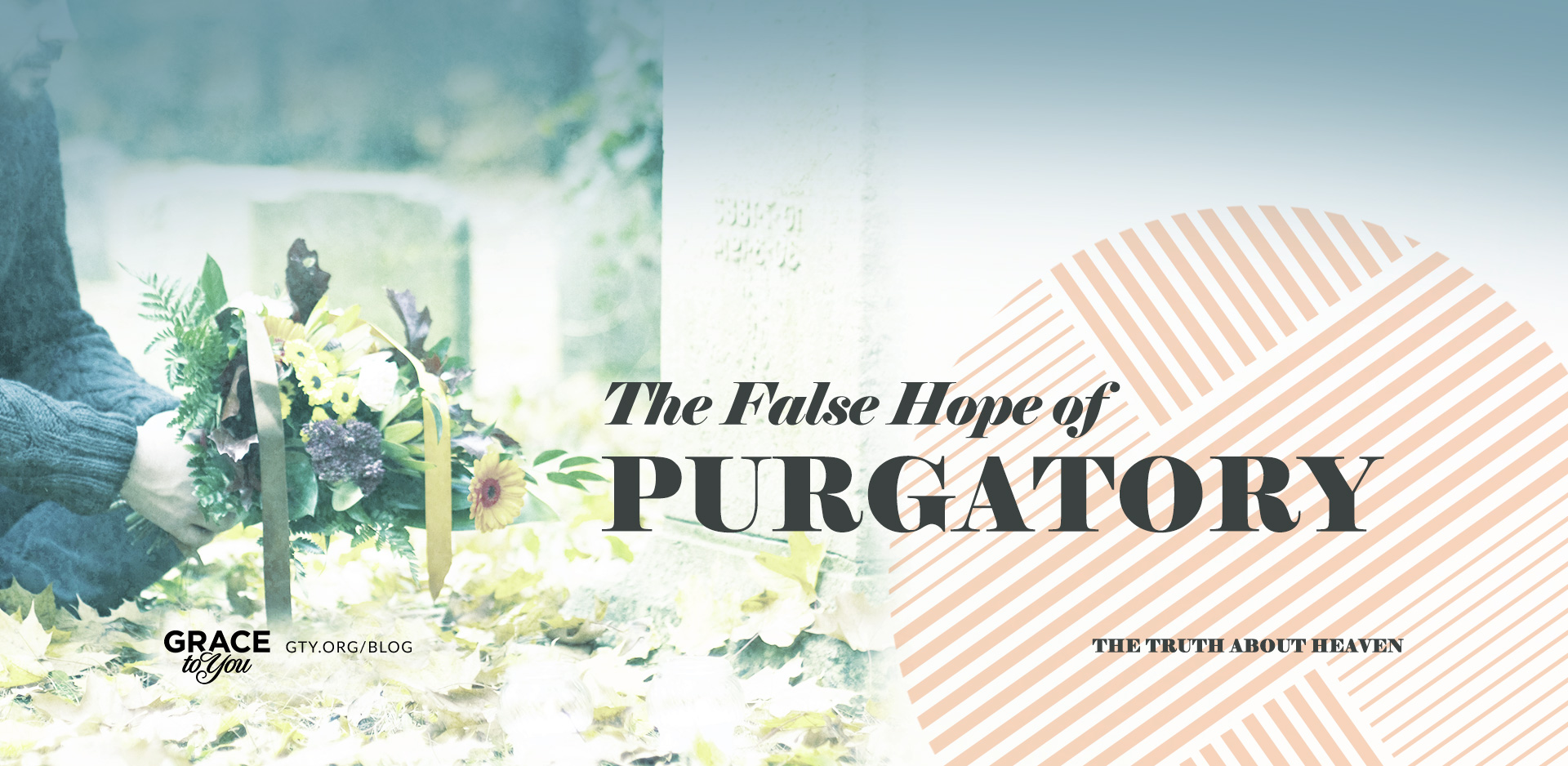nomadic5
Platinum Member
- Nov 28, 2022
- 4,966
- 2,609
- 908
Scripture
Mt 18:23
A parable:
The man is forgiven, but then refuses to forgive his fellow man for a MUCH lower debt. So he himself lost his forgiveness, was "handed over to the torturers until he had" re-paid his entire debt
So much for Once Saved Always Saved (found nowhere in Scripture... )
Mt 18:23
A parable:
The man is forgiven, but then refuses to forgive his fellow man for a MUCH lower debt. So he himself lost his forgiveness, was "handed over to the torturers until he had" re-paid his entire debt
So much for Once Saved Always Saved (found nowhere in Scripture... )

